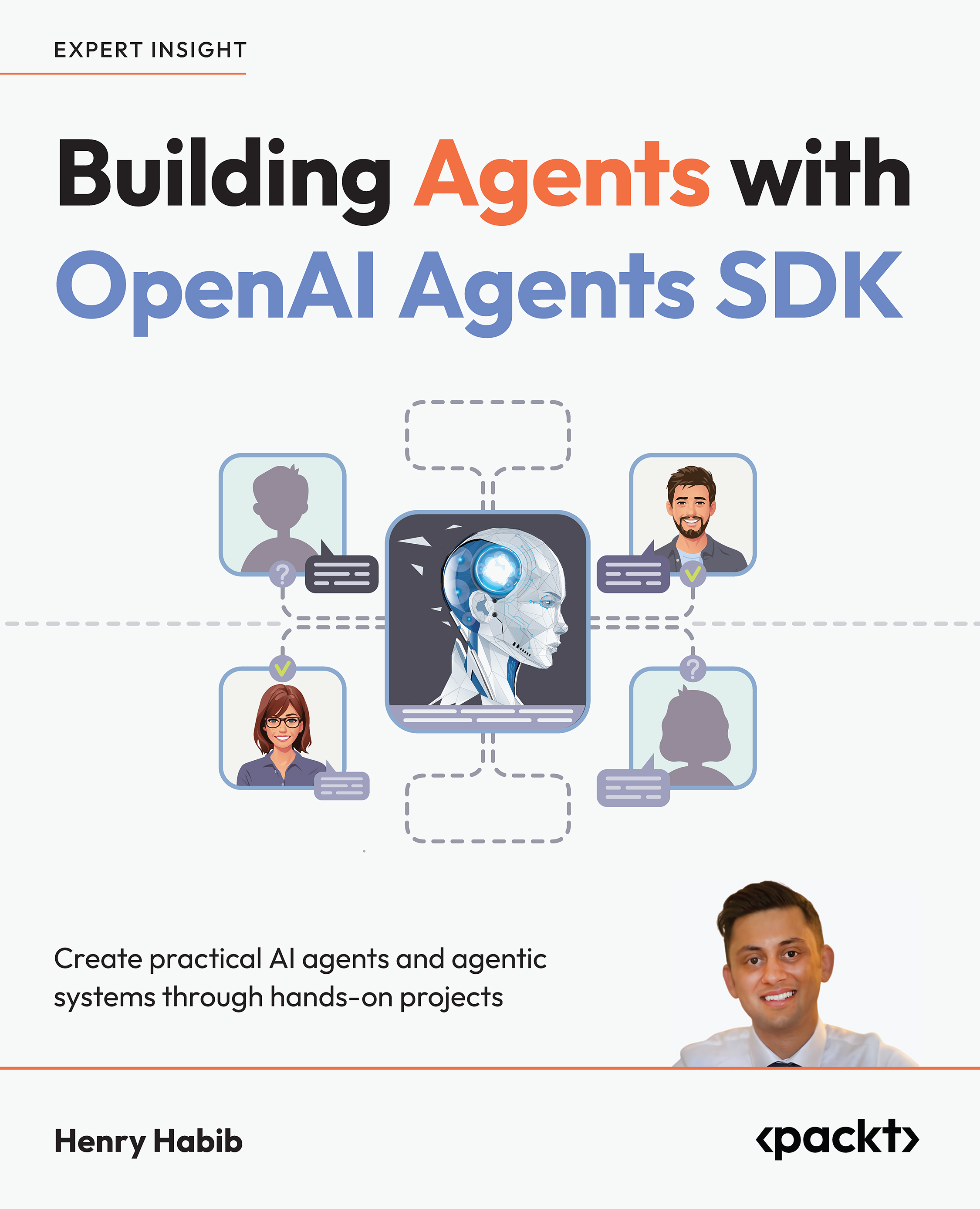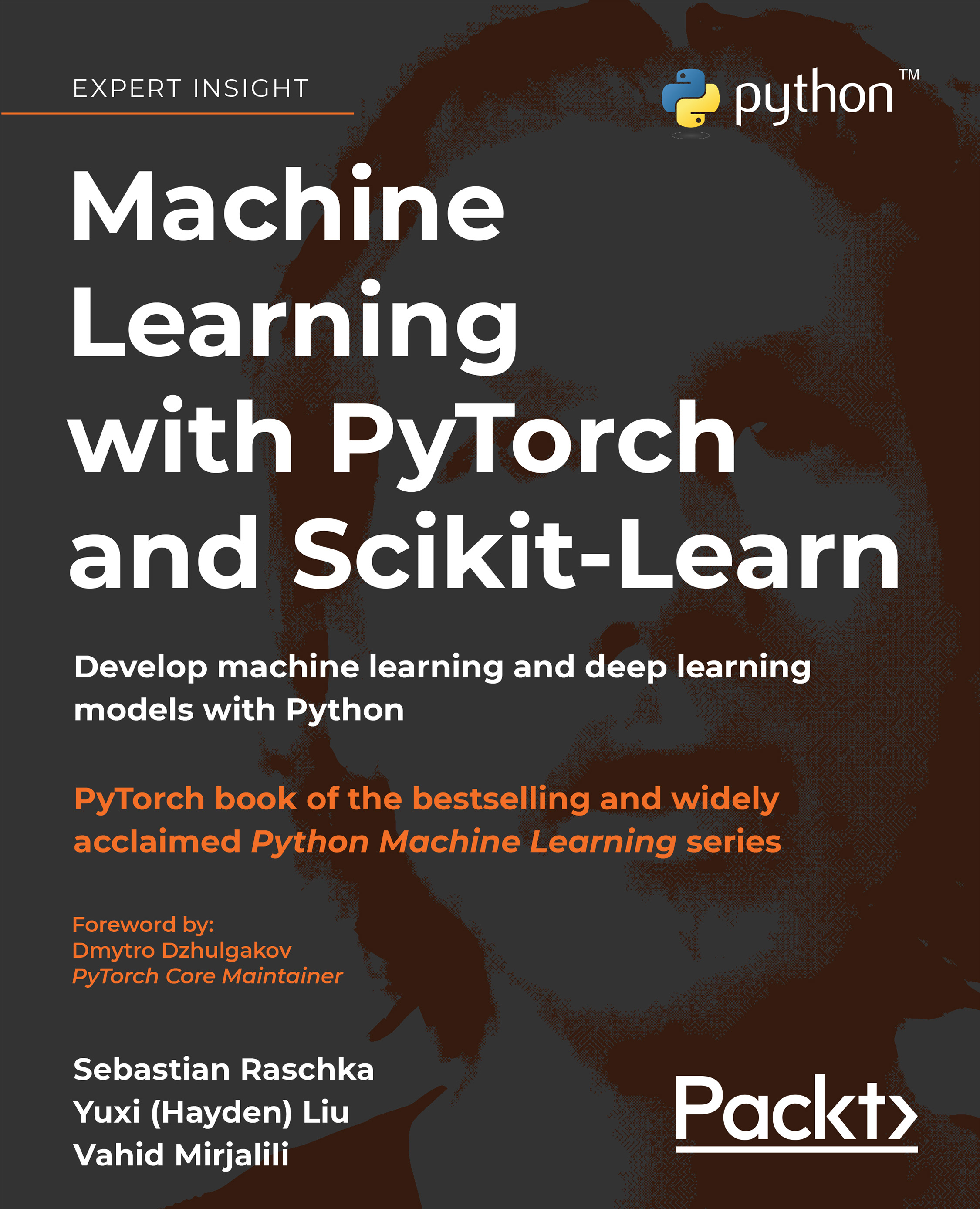AquaSec-Hadooken Malware Targets Weblogic Applications: "WebLogic Server is an enterprise-level Java EE application server developed by Oracle, used for building, deploying, and managing large-scale, distributed applications. It’s commonly used in banking, e-commerce, and business-critical systems due to its support for Java technologies, transaction management, and scalability. However, WebLogic is a frequent target for cyberattacks due to vulnerabilities such as deserialization flaws and improper access controls. Misconfigurations, like weak credentials or exposed admin consoles, can lead to remote code execution (RCE), privilege escalation, and data breaches if not properly patched or secured."
Bruce Schneier-Microsoft Is Adding New Cryptography Algorithms:Microsoft is updatingSymCrypt, its core cryptographic library, with new quantum-secure algorithms. Microsoft’s details arehere. From anews article.
Bruce Schneier-Evaluating the Effectiveness of Reward Modeling of Generative AI Systems:New research evaluating the effectiveness of reward modeling during Reinforcement Learning from Human Feedback (RLHF): “SEAL: Systematic Error Analysis for Value ALignment.” The paper introduces quantitative metrics for evaluating the effectiveness of modeling and aligning human values.
Bruce Schneier-New Chrome Zero-Day: "According to Microsoft researchers, North Korean hackers have beenusinga Chromezero-day exploitto steal cryptocurrency."
Bruce Schneier-Australia Threatens to Force Companies to Break Encryption:In 2018, Australia passed the Assistance and Access Act, which—among other things—gave the government the power to force companies to break their own encryption. "The Assistance and Access Act includes key components that outline investigatory powers between government and industry."
Bruce Schneier-YubiKey Side-Channel Attack:There is a side-channel attack against YubiKey access tokens that allows someone to clone a device. It’s acomplicated attack, requiring the victim’s username and password, and physical access to their YubiKey—as well as some technical expertise and equipment.
Dr. Web-Void captures over a million Android TV boxes: "Doctor Web experts have uncovered yet another case of an Android-based TV box infection. The malware, dubbed Android.Vo1d, has infected nearly 1.3 million devices belonging to users in 197 countries. It is a backdoor that puts its components in the system storage area and, when commanded by attackers, is capable of secretly downloading and installing third-party software."
GitLab-Critical Patch Release:GitLab on Wednesday released security updates to address 17 security vulnerabilities, including a critical flaw that allows an attacker to run pipeline jobs as an arbitrary user.The issue, tracked as CVE-2024-6678, carries a CVSS score of 9.9 out of a maximum of 10.0.
Unlock access to the largest independent learning library in Tech for FREE!
Get unlimited access to 7500+ expert-authored eBooks and video courses covering every tech area you can think of.
Renews at $19.99/month. Cancel anytime
Krebs on Security-Bug Left Some Windows PCs Dangerously Unpatched:Microsoft Corp.today released updates to fix at least 79 security vulnerabilities in itsWindowsoperating systems and related software, including multiple flaws that are already showing up in active attacks. Microsoft also corrected a critical bug that has caused someWindows 10PCs to remain dangerously unpatched against actively exploited vulnerabilities for several months this year.
Krebs on Security-Sextortion Scams Now Include Photos of Your Home:An old but persistent email scam known as “sextortion” has a new personalized touch: The missives, which claim that malware has captured webcam footage of recipients pleasuring themselves, now include a photo of the target’s home in a bid to make threats about publishing the videos more frightening and convincing.
Sekoia-A glimpse into the Quad7 operators’ next moves and associated botnets: "The Sekoia TDR team has recently identified new staging servers, leading to the discovery of additional targets, implants, and botnet clusters tied to the Quad7 operators."
 United States
United States
 Great Britain
Great Britain
 India
India
 Germany
Germany
 France
France
 Canada
Canada
 Russia
Russia
 Spain
Spain
 Brazil
Brazil
 Australia
Australia
 Singapore
Singapore
 Canary Islands
Canary Islands
 Hungary
Hungary
 Ukraine
Ukraine
 Luxembourg
Luxembourg
 Estonia
Estonia
 Lithuania
Lithuania
 South Korea
South Korea
 Turkey
Turkey
 Switzerland
Switzerland
 Colombia
Colombia
 Taiwan
Taiwan
 Chile
Chile
 Norway
Norway
 Ecuador
Ecuador
 Indonesia
Indonesia
 New Zealand
New Zealand
 Cyprus
Cyprus
 Denmark
Denmark
 Finland
Finland
 Poland
Poland
 Malta
Malta
 Czechia
Czechia
 Austria
Austria
 Sweden
Sweden
 Italy
Italy
 Egypt
Egypt
 Belgium
Belgium
 Portugal
Portugal
 Slovenia
Slovenia
 Ireland
Ireland
 Romania
Romania
 Greece
Greece
 Argentina
Argentina
 Netherlands
Netherlands
 Bulgaria
Bulgaria
 Latvia
Latvia
 South Africa
South Africa
 Malaysia
Malaysia
 Japan
Japan
 Slovakia
Slovakia
 Philippines
Philippines
 Mexico
Mexico
 Thailand
Thailand














